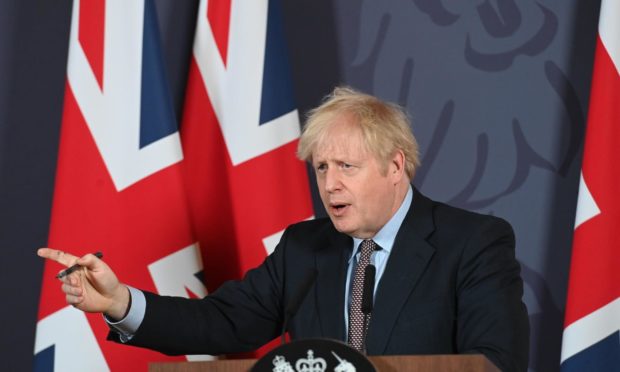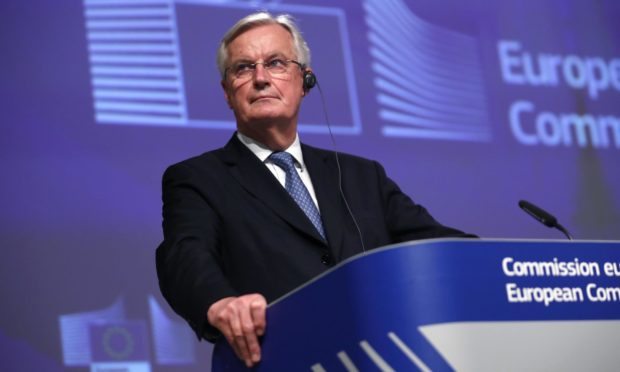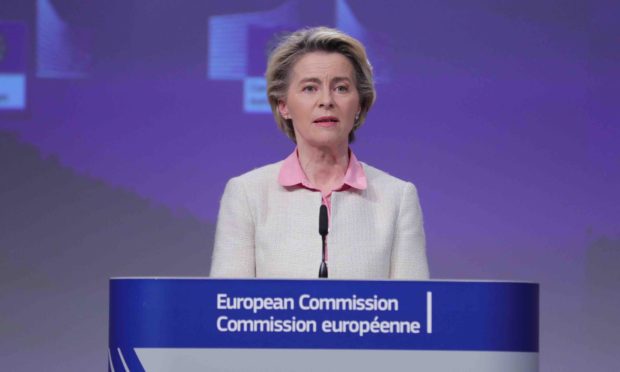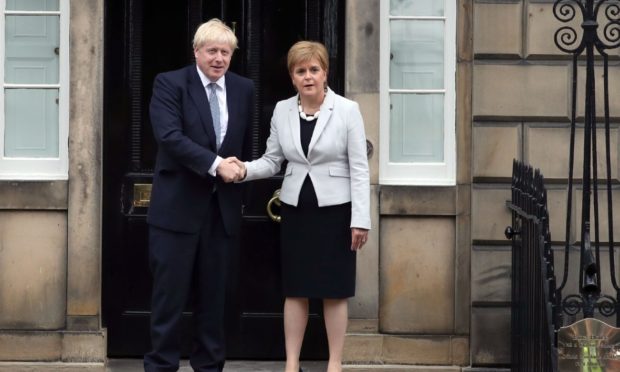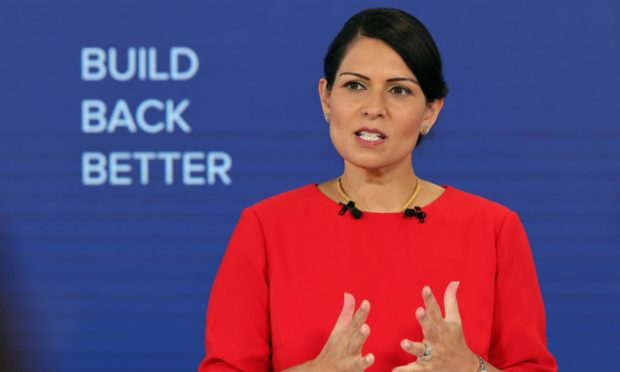The reaction to the post-Brexit trade deal that has been agreed by negotiators from the UK and the European Union was markedly different – celebratory and perhaps even triumphal on one side, reserved and almost wistful on the other.
UK Prime Minister Boris Johnson said: “We have taken back control of every jot and tittle of our regulation in a way that is complete and unfettered.”
The EU’s chief negotiator, Michel Barnier, said: “Today is a day of relief, but tinged by some sadness as we compare what came before with what lies ahead.”
Lord David Frost, who has been leading the UK’s negotiating team, said he is “pleased and proud” in their efforts to secure an “excellent deal”.
Ms von der Leyen said: “We have finally found an agreement. It was a long and winding road, but we have got a good deal to show for it.”
She adds that it is “fair” and “balanced”, and it was “right and responsible” for the two sides to pursue it.
But does the differing tone – Ms von der Leyen quoted Shakespeare’s Romeo and Juliet (“parting is such sweet sorrow”) and Mr Johnson stated that “winning freedom is a fantastic thing” – tell us what we can expect in the days, months and years ahead?
If Nigel Farage is to be believed and “the war is over”, will there be a winner? The document is said to be more than 2,000 pages in length and the details within – not the inevitable spin or areas each side is keen to highlight – will be key to deciding that question.
Nicola Sturgeon wasted no time in making her feelings clear on the news, tweeting:
“Before the spin starts, it’s worth remembering that Brexit is happening against Scotland’s will. And there is no deal that will ever make up for what Brexit takes away from us.
“It’s time to chart our own future as an independent, European nation.”
‘Least bad version of Brexit’
Taoiseach (Irish Prime Minister) Micheál Martin said he believed the deal was “a good compromise and a balanced outcome”.
He added: “There is no such thing as a ‘good Brexit’ for Ireland but we have worked hard to minimise the negative consequences.
“I believe the agreement reached today is the least bad version of Brexit possible, given current circumstances.”
On the UK side, much like with the withdrawal agreement, Boris Johnson will need MPs’ approval to ratify the deal. Given the prime minister’s Commons majority, this is something that is likely to pass with ease.
Once the deal is ratified, what changes on January 1?
Whether there is a deal or no deal, the way people live and work will be different in 2021.
People planning to move between the UK and EU to live, work, or retire will no longer be automatically allowed to do so.
The UK will apply a points-based immigration system to EU citizens and trips to Europe will need more planning, as people may need to check their passport is valid, as well as their health insurance and driving licence.
The UK will no longer make big annual payments towards the EU’s budget.
Businesses trading with the EU will face a lot more paperwork.
Will there be many day-to-day changes?
Prices are expected to rise on some staple foods because of the extra red tape importers face, with mandatory customs declarations and health controls on both sides of the border.
Some 40% of Britain’s agriculture and food products come from the EU, which has led to concern over higher prices on many staples such as tomatoes, oranges and fruit and vegetables out of season.
For exporters, especially of fish, there may also be problems as there are fears stock will get held up, and perish, in queues in Dover or in Boulogne.
